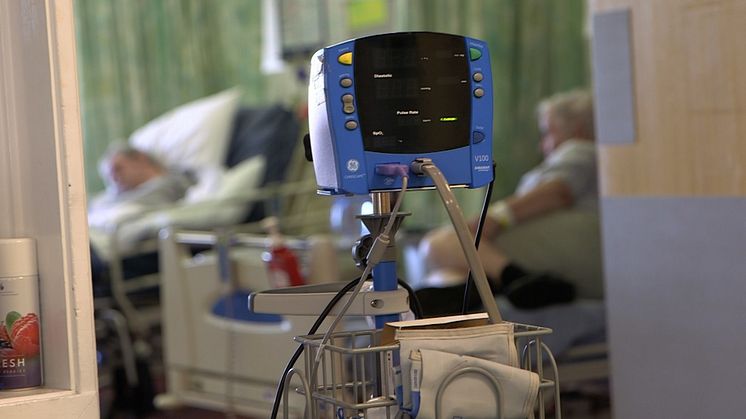
News -
Response to Scottish Stroke Care Audit 2019 report
Andrea Cail, Director Scotland of the Stroke Association said:
“We welcome the honest and transparent reflections in this year’s audit report. Some improvements have been made in the last year, but the bigger picture in this year’s report remains one of significant, unwarranted variations. These are in relation to urgent, high quality, specialist, acute stroke care. We want to see these variations removed.
Stroke care bundle compliance which affects everyone who has a stroke, is recognised as a key component to achieving significantly better outcomes. However, it remains well short of the 80% standard, with only three of the NHS Boards making significant improvements.
To dramatically improve the stroke bundle standard target, we believe changes are needed to the way acute stroke services are delivered in Scotland. Whilst the planning of a thrombectomy service is providing a catalyst for much wider system change and improvement, the complexity of this work is not leading to the rapid change that is now required.
The report acknowledges that we have no comprehensive stroke centres in Scotland. But the evidence shows that re-shaping stroke services and creating hyper-acute stroke units (HASUs) with the best equipment and experts in one place can save lives, reduce disability and result in greater cost effectiveness for our health and social care services.
The SSCA report states that our thrombolysis door to needle times have ‘stalled’, this means there are still people who would benefit from thrombolysis not getting timely access. We know in some areas this is because of the transfer times between hospitals, which could be negated.
We therefore welcome and support the recent announcement of NHS Tayside’s plans to move to a hyper acute stroke care model - the first NHS Board in Scotland to do so. NHS Tayside has taken their decision based on the clear evidence of improved outcomes for patients. Their new model of care will see all acute stroke admissions on a single site with patients stepped down to their local acute stroke unit for ongoing care at around 48-72 hours.
Andrea continued ‘We will champion this model and want to see it being replicated in other parts of Scotland and especially in Greater Glasgow and Clyde. We are calling on all NHS Board CEOs to make stroke the priority it needs to and make the system changes that are now required. This is key to delivering our combined goal of making Scotland a world leader in stroke treatment and care. We owe it to everyone affected by stroke to act now’.










